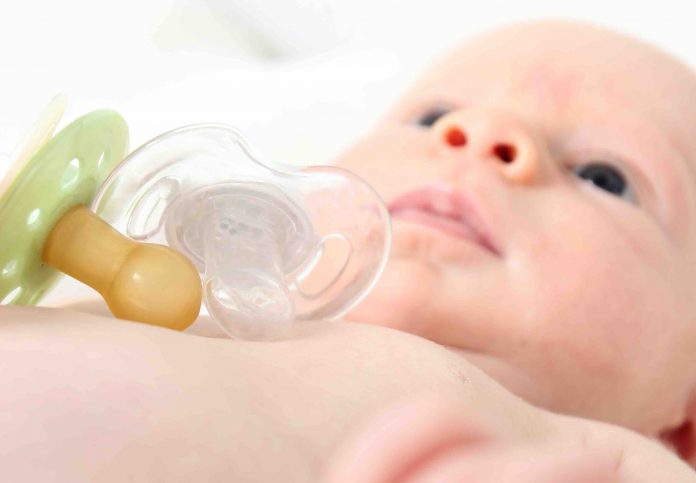Two common phthalates that are almost ubiquitous in the United States have been found to cause as much as a seven percent reduction in the intelligence of unborn children as determined by IQ studies in the first seven years of life. Dr. Pam Factor-Litvak, associate professor of Epidemiology at the Mailman School at Columbia University, and colleagues are the first to examine the effect of phthalates on unborn children.
The researchers examined the levels of exposure to four phthalates in 328 New York City women and their children from the first trimester of pregnancy to the age of seven. The women that were exposed to the highest levels of phthalate chemicals had children that had an average lower IQ based on standard IQ tests administered to the children up to the age of seven. Two phthalates were found to produce the decrease in IQ. The phthalates are di-n-butyl phthalate and di-isobutyl phthalate.
Phthalates can be found in a huge array of consumer goods. Air fresheners, cosmetics, fabric cleaners, stain repellents, and microwaveable food containers all contain the two phthalates that cause lower IQ in children. A lower IQ was related with lower income potential and less potential for educational achievement due to the decrease in working memory, processing speed, and perceptual reasoning that exposure caused. The exposure limits that produced lower IQ scores were within the Centers for Disease Control limits for “safe” exposure.
The researchers agree that banning phthalates in modern society is not possible at this time. The authors note that the United States does ban the use of phthalates in toys and other articles that children are exposed to. The researchers suggest warning women about the dangers of exposure to phthalates during pregnancy. The warnings should include avoiding air fresheners, dryer sheets, avoiding microwaving food in plastics, and not using plastics that have a three, six, or seven on the recycling label.















